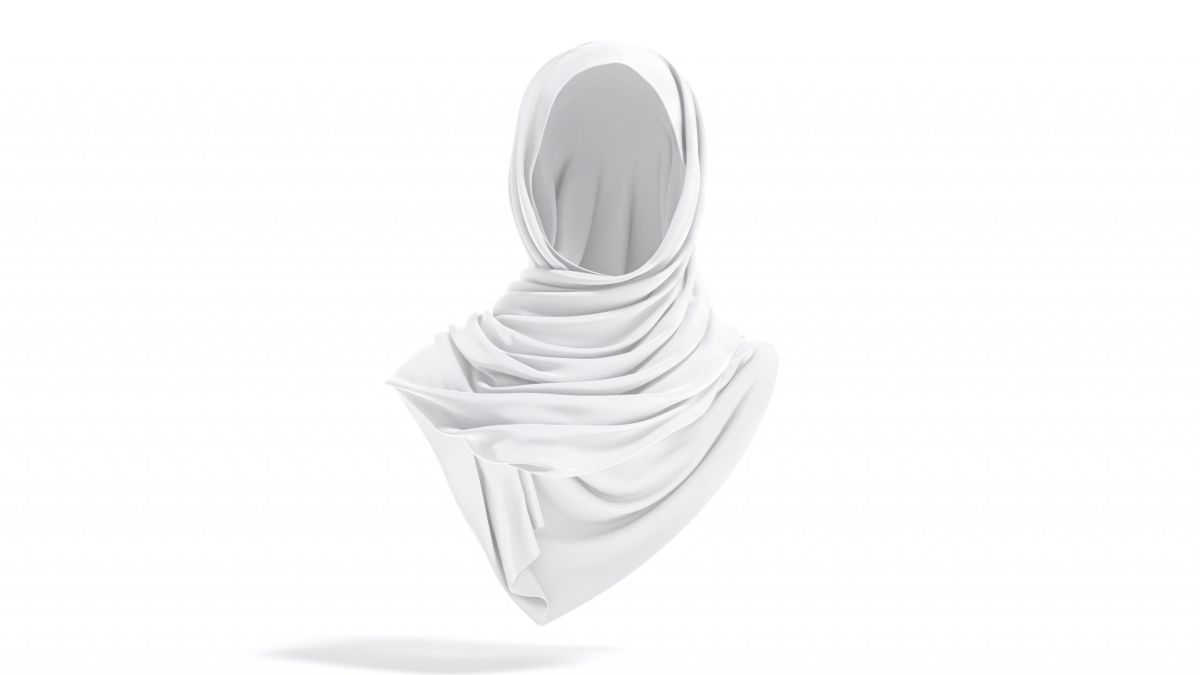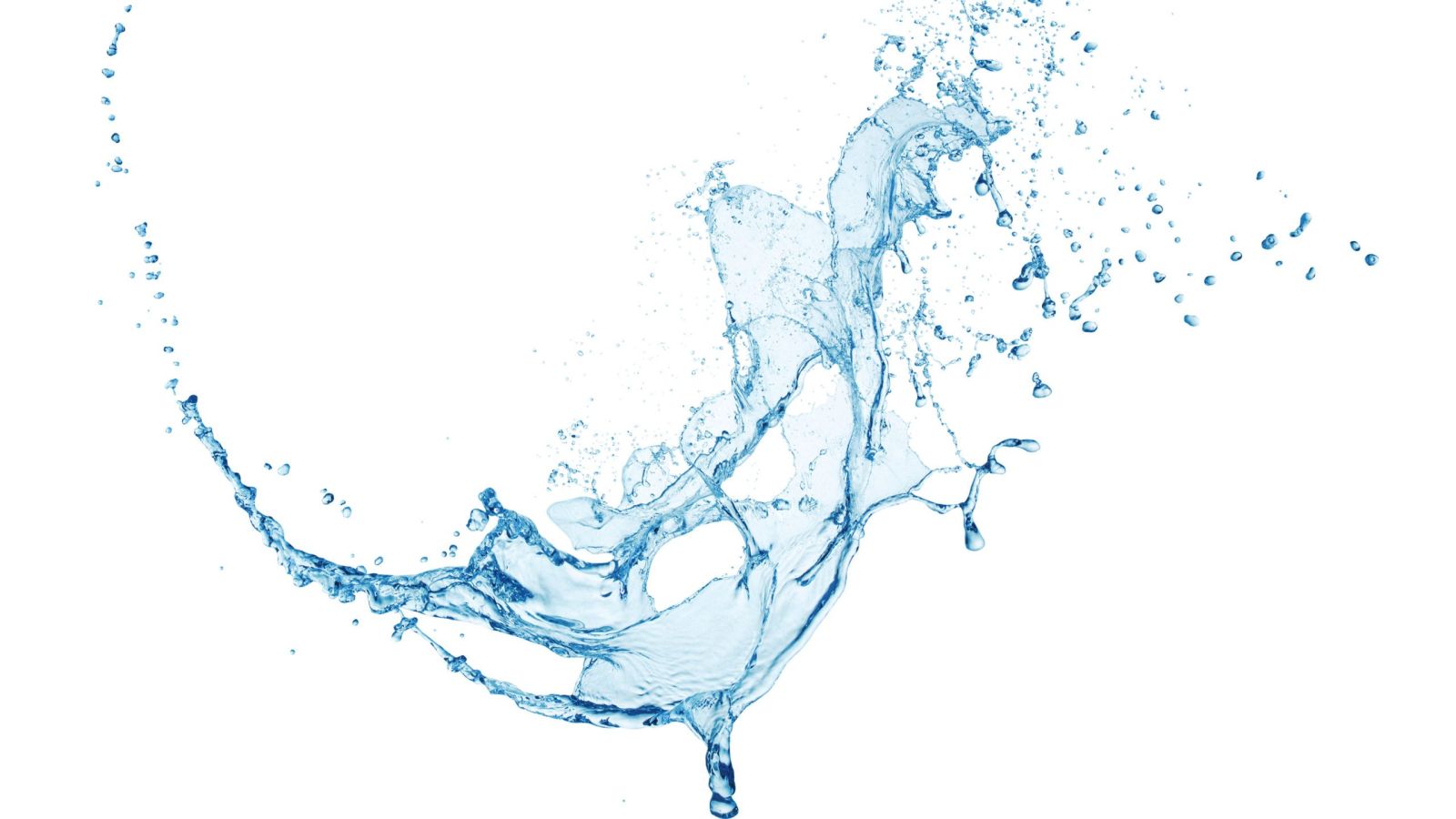Rulings Related to Female Genital Moistness
Imām Muḥammad ibn Ṣāliḥ al-ʿUthaymīn


Shaykh Muḥammad ibn Ṣāliḥ al-ʿUthaymīn (d. 1421 AH) said:
Female genital moistness is considered pure although there is a difference of opinion in this issue. Some scholars say that it is najs and that any clothing that is marred by it will also be deemed impure. Their reasoning for this ruling is that everything that is excreted from the body from either the genitals or the anus should be considered fundamentally impure until evidence proves otherwise.
The amount of inherent hardship and difficulty in this opinion is truly known only by Allāh—the Most High. Especially upon the particular women who have been tested by means of it. As this moistness does not generally encompass all females. It may take on an exaggerated form for some such that it is excreted and flows. While others experience it only when pregnant, especially in the latter months of the pregnancy. While others never experience it at all.
Other scholars say that this moistness is pure. This is the opinion taken by the Ḥanbalī madh`hab. Their reasoning is that when a man engages in sexual intercourse with his wife, this moistness will undoubtedly transfer to him. However, it is not obligatory on him to wash his penis [to remove this moistness]. This was completely agreed upon from the time of the Messenger of Allāh (صلى الله عليه وسلم) until today. It should not be postulated that it is actually najs, but its amount is so insignificant that it may be overlooked. This is because such a view requires evidence.
If it is said: The evidence is the inherent difficulty [of avoidance]. We say: That may be the case and the moistness should actually be considered najs. Due to the difficulty of avoiding it, a small amount of it may be overlooked just like blood and any other substance that is difficult to avoid.
However, the correct opinion is that it is pure. To clarify this, we say that the female genitals possess two routes of excretion:
- The route taken by the penis which is connected to the uterus. This route is disconnected from urinary excretion or the bladder. It is located below the place of urinary excretion.
- The route taken for urinary excretion connected to the bladder and located higher up on the female genitals.
If the moistness is the result of bladder distention, excreted from the route taken by urine, then it is considered najs. It will take the same ruling as salas al-bawl [continuous unintentional urination].
If the moistness is derived from the place of penile entry, then it is considered pure. This is because it is not representative of the waste-products left over from food and drink. It is not a form of urine. As such, it is fundamentally considered pure until legislative evidence proves otherwise. Also, because if a man engages in sexual intercourse with his wife, he is not obligated to wash his penis or clothes if they become marred by it. Furthermore, if it was considered najs, then semen would have to adopt the same ruling, as it mars [the genitals and clothing] in the same way.
[Q]: Does this moistness invalidate wuḍūʾ?
[A]: As for the moistness which is excreted from the route taken by urine, it will invalidate wuḍūʾ because evidently it has resulted in connection to the bladder.
As for that which is produced from the place of penile entry, the majority of scholars have adopted the opinion that it also invalidates wudūʾ. Although Ibn Ḥazm (رحمه الله) said: This will not invalidate wuḍūʾ because it cannot be labelled as either urine or pre-ejaculate. Whoever claims it as an invalidator must produce evidence in support of this view. Rather, it is like any other excretion from the rest of the body. However, he does not mention a single scholar who preceded him in the adoption of this opinion.
The more encompassing, safe opinion is that it does invalidate wuḍūʾ. It should then be said: If the moistness is continuous, then it will adopt the ruling of salas al-bawl [continuous unintentional urination]. That is, a woman should purify herself from it for every obligatory ṣalāh after its pre-appointed time has begun. Then, she should guard herself from it as much as she is able. Then, she may pray and whatever is excreted from her after these measures are taken is of no detriment.
If the occurrence of this moistness is such that it ceases at a particular time and this time will occur before the time for a compulsory ṣalāh has expired, then she should wait until it ceases before praying. This is the ruling of salas al-bawl.
[Q]: How can this moistness be an invalidator of wuḍūʾ when it is considered pure?
[A]: There are similar instances to this. For example, the gas that is excreted from the anus is pure but invalidates wuḍūʾ.
Source: Al-Sharḥ al-Mumtiʿ 1: 456-458
Translated by: Riyāḍ al-Kanadī
Most Popular: Last 30 Days

















